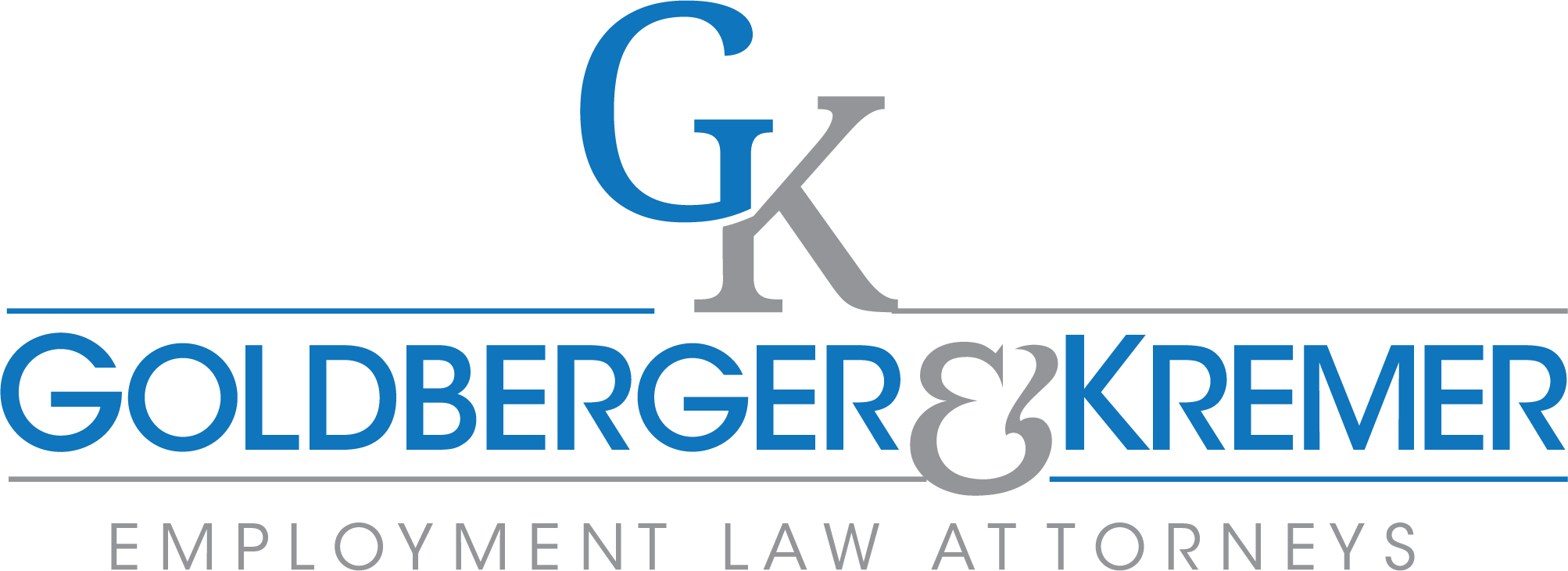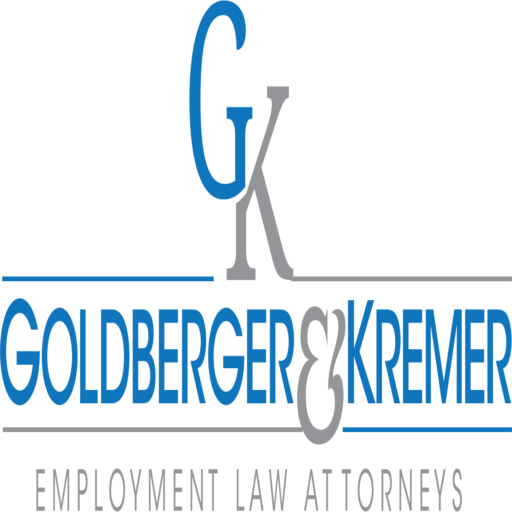
Contracts can either be a verbal agreement between two parties, or it can be a written agreement, enforceable by law. Employment contracts, in this case, are intended to dictate specific terms and conditions that employees agree to before accepting the job.
These terms and conditions could include anything such as length of the job, salary and raise, stipulations, and/or responsibilities and expectations.
Employee contracts often include specific terms on employment duration, adequate reasons for contract termination, and the total severance pay the employer will offer.
It’s not often you’ll come across formally written employment agreements with guaranteed employment window because most states have an employment-at-will policy. However, when employers are competing for talent, these time contracts are more common. You will see this for executives, top marketing and salespeople, and professionals in more technical fields, especially in the sports and entertainment industries.
When employees have access to sensitive or confidential information concerning the business operations, companies often include restrictive clauses to enforce non-competes or solicitation between other like companies. These agreements help protect the company from a breach of information.
Most contracts or agreements are in writing, but some companies have oral or verbal contracts only. Surprisingly, these can actually be legally binding in several cases, though they are difficult to prove.
We have often seen it happen when either an employee or employer depends on assurances or guarantees that have been broken. If the party making the promise knows them to be false, they could be held liable. These broken promises may not always be upheld or enforced by a court. Suppose an employer has taken actions to violate the terms of your contract. In that case, you could be able to open a lawsuit against them so you can recover economic damages brought on by the breach of your contract.
What’s the best way to handle your case?
You always want the best on your team when it comes to contractual matters. When you have a certified New York employment law attorney, you can be sure they will advocate for your rights and will protect you from unfair loss. Their advice can prove crucial when it comes to agreeing to and litigating your contract because the clauses and complex language can get pretty overwhelming and put you at a disadvantage.
Stop feeling concerned about getting provisions from your employment contract or severance agreement. Let us help you get things straight. Fill out a quick form online or call us to speak with one of our attorneys today.

